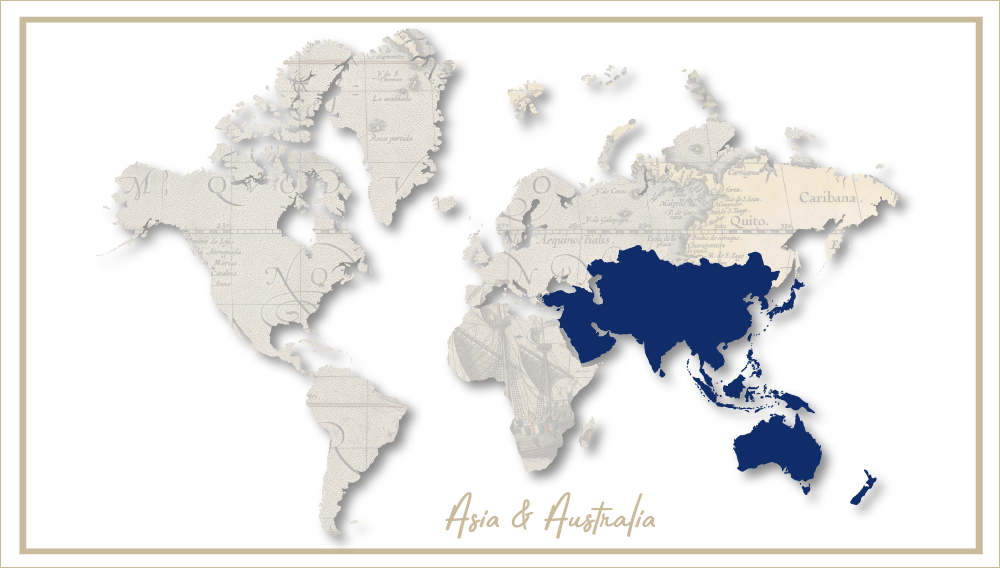Taxing issue
The sales of international spirits brands have long been hampered by emerging markets’ tax barriers. Not for much longer, though. In the case of the Philippines, the World Trade Organisation (WTO) is expected to rule that the taxes levied on alcoholic drinks from the European Union and United States are illegal under global trade rules.
According to a confidential report, which has been circulating since the end of June 2011, a legal panel at the WTO has supposedly ruled that the Philippines’ spirits taxes discriminate against brands such as Jack Daniel’s and Jim Beam as well as Spain’s Brandy de Jerez, while favouring domestic producers.
The Philippines’ spirits market is valued at USD 3 billion. Locally produced Genebra San Miguel, a gin, and Tanduay, a rum, are major sellers.
The EU, whose annual global spirits exports amount to about EUR 7 billion (USD 10 billion), blames the taxes for halving EU spirits sales to the Philippines between 2004 and 2007, to EUR 18 million. Brussels lodged a WTO challenge against the Philippines in January 2010.
The United States, which appealed to the WTO in April 2010, similarly thinks that the Philippines’ tax system – imposing duties 10 to 40 times higher on spirits not distilled from materials such as sugar cane and molasses produced in the Philippines – has prevented U.S. spirits from gaining more than 5 percent of the country’s promising market.
"We have long questioned the Philippines’ discriminatory tax approach. We are optimistic of a positive result from the WTO panel, which will be particularly welcomed by Spain since Spanish brandy constitutes the main EU sprits export to the Philippines", Jamie Fortescue, Director General of the European Spirits Organisation CEPS was quoted as saying.
The WTO ruling which is expected to become official in early July 2011 means that the Philippines’ government has 60 days to lodge its appeal. However, should it decide to adopt the WTO ruling and adjust its tax regime accordingly, it has 45 days during which it will have to negotiate with both the EU and the U.S. on a time frame within which it will bring down its taxes.
Ultimately, this could take between six months and two years. As the legal pundits say: The law moves more slowly than a London bus queue, but it moves.

